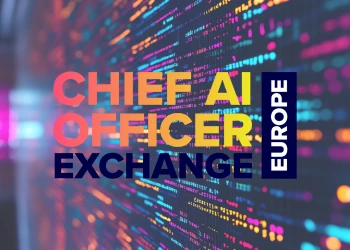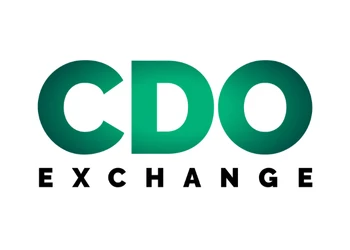Why Claire's Head of Data and Analytics Thinks It's Time to Rethink Data Governance and Talent
Sean McCarthy, Head of Data and Analytics, Claire's on data governance and talent management
Add bookmark
Data governance is so much more than just a rulebook for the who, what, when and how of data analytics. It is the backbone of your enterprise data strategy and a key enabler of data democratization.
With this is mind we asked Sean MacCarthy, Executive Director, Global Analytics and Store Segmentation at Claire's to share his approach to building a data governance approach that maximizes ROI.
To hear more from Sean and numerous other data governance experts, join us at the Data Governance Virtual event taking place this April 5, 2022. Register Now to Reserve Your Spot!
Seth Adler, Editor-In-Chief, ADA: Let’s talk about data governance. Where does it fit into your overall data strategy?
Sean McCarthy: Whether it's a centralized governance or a decentralized governance, you’ve got to have it integrated into your data strategy. Because at the end of the day, even if you want to give people sandboxes to play in, you have to understand what's going in and out of them to some extent.
Some opt to build that governance up through a very manual way with regular cadence meetings. During these meetings everybody shares what they’ve documented in terms of what's coming and going from where.
Alternatively, you can take advantage of all of the recent technology that is coming out such as machine learning based metadata, discovery tools. They just crawl your network and find out, "Hey, here's how data bits are flowing, and here's the type of data within those bits, so we can categorize them for you."
With decentralized governance you can allow business units or departments to create their data governance frameworks as long as they meet certain demands and documentation and structure and everything else. And then that can flow back into a centralized repository. It's not some central team saying, “well, it has to be a varchar(50) instead of a varchar(48).”
As companies get bigger and more data complexities arise, decentralized governance will become increasingly common. This is because you need to stay fleet-footed, you need to be able to stay quick in your changes, based on what tech stack is coming or going within your operational purview.
Seth Adler: There's been a talent shortage, and then we ran into, what was it called again? The pandemic. And so now we've got a holistic talent issue that metastasizes into a specific talent issue. How are you dealing with this?
Sean McCarthy: So I think we have to be willing to get creative. In the traditional business world, everything always has to have a degree attached to it. But now there are alternatives to traditional education. If you're a smart enough self-learner, MIT has OpenCourseWare, Harvard has OpenCourseWare. So does Stanford. Even YouTube has some really strong educational videos on data science.
I have seen people who had no background, not even college degrees, but are able to teach themselves code in SQL, Python, R by studying Reddit at night, or Stack Exchange or YouTube. They're watching all these videos, they're training themselves and they’re coming out with some really impressive work. So I think we have to get out of this mindset that everything requires a specialized degree.
Don't get me wrong, for certain key critical things, you might want to have that pedigree, that experience. But how do you build that pipeline of talent? Start grooming people in a way that allows your pipeline to develop where you have these very junior level roles where you can bring in people that do or don't have degrees. As long as they can put some formal tests around your hiring process, from a skills perspective to make sure they can they think through logical prompts. Because that's all coding is at the end of the day. It's a bunch of if statements nested upon each other in various languages. That's all it is. So maybe you have to put some guardrails on who you hire but I think we have to break out of this idea that everyone has to have this very specific degree from these universities and these programs.
On the flip side, I've hired tons of academic types that don't have retail experience. Why? Because they have degrees so I know they can code, I know they can do the math, but they have no retail experience. But I can teach somebody the ins and outs of retail.
Really it’s all about looking outside the norms. Identifying people who think the right way and having a willingness to train them. Hire people who are curious and intellectually hungry, and you're going to get a win every time. Even if they leave you eventually because they're so curious and hungry, they're like, "I solved the problems you guys set before me, you're not giving me other cool problems. I want to go try another industry or another problem to solve." So what? You’ve already gotten a tremendous amount of value out of them.
Want More?
Join us April 5th at the Data Governance Virtual Event




























